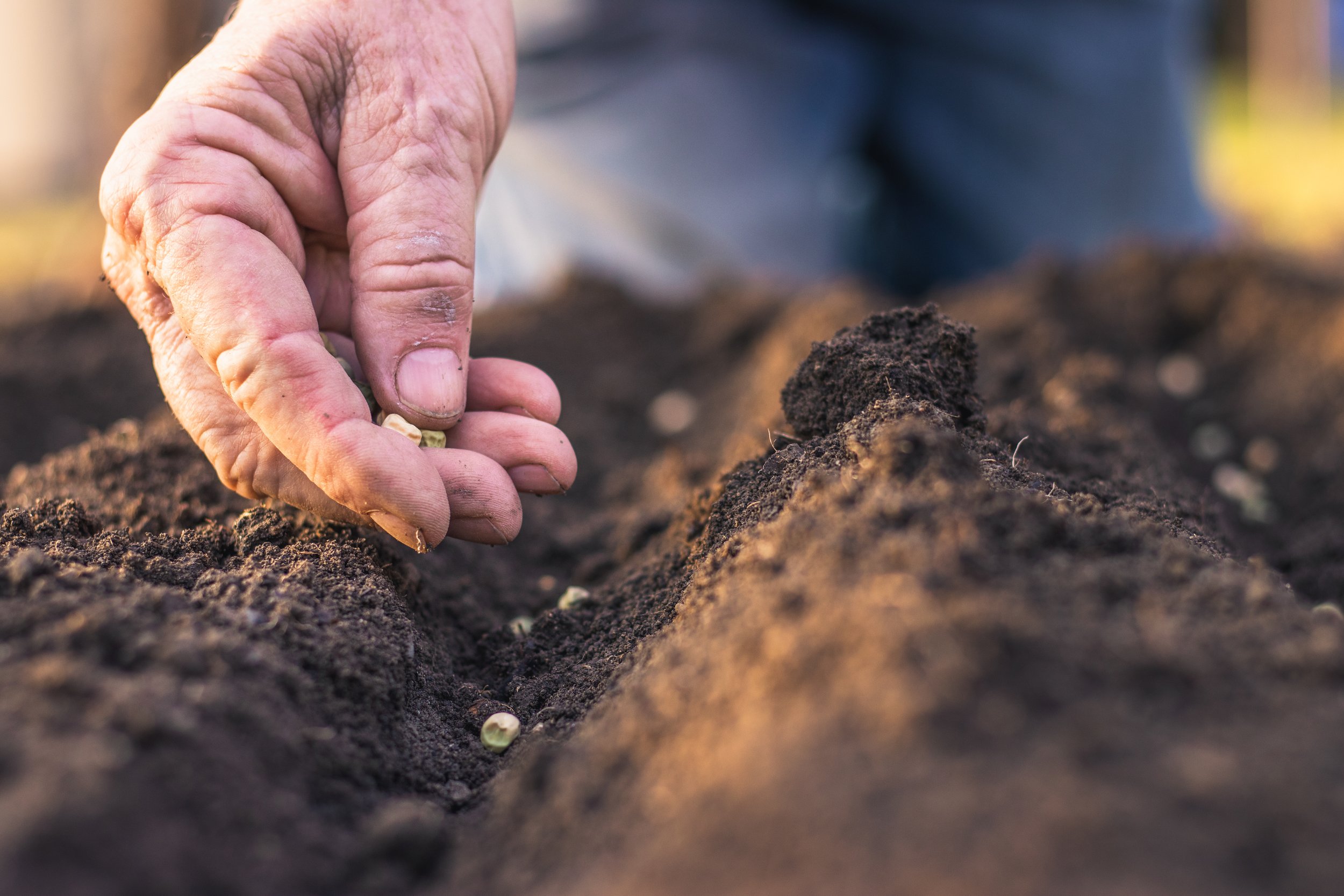Farming uncertainty: managing stress on the farm
Farming is an industry built on resilience, but the unpredictability that comes with it can take a real toll on your mental health. One season, things are looking up—the next, a bad stretch of weather, fluctuating market prices, or rising costs make everything feel uncertain. It’s frustrating when the pressure starts settling in, yet so much of it is outside of your control. While you can’t predict the weather or control the markets, you can take steps to manage stress and protect your well-being.
Recognizing what’s in your control
One of the biggest stressors in farming is financial instability, and it’s often tied to factors beyond a farmer’s control. When your income depends on things like weather and global markets, it can feel like you need to work even harder just to keep up. But putting pressure on yourself over things you can’t control only adds to the stress. Instead, shift your mindset to focus on the steps you can take.
This might mean adjusting expectations when faced with unfavorable conditions, planning ahead for financial ups and downs, and reminding yourself that you’re doing the best you can with what you’ve got. It’s also important to consider your basic needs—are you eating enough healthy foods, drinking enough water, and getting enough sleep? These simple things often get overlooked in high-stress environments, but they play a crucial role in your well-being.
Stress management
Farming isn’t just physically demanding—it’s emotionally draining, too. The stress of uncertainty can impact relationships, leading to increased tension with family and a tendency to withdraw. But small, intentional steps can help create a sense of stability and prevent burnout.
Consider incorporating transition rituals when you leave the farm to separate home and work life—whether that’s taking a short walk or calling a friend to catch up. Writing down three things you did well each day can help sift your perspective toward self-compassion and remind you of your progress, despite outside stressors. Engaging in exercise and hobbies is another great way to give your mind a break from work-related stress.
Combating isolation in rural life
Farming can be isolating, but connection is a key part of managing stress. Even in remote areas, there are ways to stay connected—whether that’s reaching out to neighbors, participating in virtual groups that connect farmers in similar situations, or making time to step away from the farm and connect with friends. Having a sense of community, even in small ways, can make a big difference in feeling supported.
Farming comes with its challenges, and stress is a part of the job—but it doesn’t have to run your life. By taking small steps to transition out of work mode, stay connected, and focus on what’s in your control, you can manage stress in a healthy way.
You work hard to keep your farm running—don’t forget to take care of yourself, too. And if you need extra support, we’re here to help! You can access online counselling from anywhere in Alberta—even if that means taking the call from your tractor or combine.
Information for this blog post was provided by registered social worker, Kelsey Bradley


